24/7 Valencia: Could you tell us something about where you were born and where you grew up?
SALVA CIGES: I was born on the 26th of October 1952 in Anna, a bewitching agricultural village. The municipality is a sort of ‘water landscape’ in the region of Valencia and is considered one of the most beautiful in the province. The village’s main attraction is the Palace of the Counts of Cervellón (Little Alhambra), but there are many other points of interest including the lake of Albufera de Anna and several gorges.
Due to a lack of work and a desire for new horizons for the whole family, my parents decided to move to Catarroja when I was four years old. We have been settled there ever since and grew up enjoying the natural environment of which Albufera is a part.
Living here, we have been able to enjoy sport fishing and more recently sailing. However, this made me increasingly concerned with the condition of the natural environment. The site of natural beauty and wildlife was and still is being damaged. This is due to sewage from industries and sediments dragged by the ravines because of the rain. One of the biggest problems happens when rice is moved and straw is left on the field. These are called “ullals” where water used to flow and was drunk. Today they are covered by sediments. They have not bothered to recover them and one of them, BALDOVÍ, is still active today… with a depth of approximately 120cm-150cm.
24/7 Valencia: What does L’Albufera mean to you?
Salva Ciges: For me, L’Albufera signifies life, providing we take care of its health and essential work is carried out. This includes the provision of specific water, the installation of collectors (work is currently underway in Catarroja) and the removal of straw.
Albufera has provided food for many different people including fishermen, farmers and hunters. Today, professional fishing is carried out in El Palmar as there is a beautiful fisherman’s guild. In Catarroja, there are only a few fishermen left… despite having the largest fleet of boats in Albufera, around 300.
There are also other ports with less activity such as Silla, Sollana, Puerto de El Saler, El Perellonet and Alfafar. Eels, carp, bass and tench are among the species that are fished here. Once there was also the American carp. Due to their invasion, rice field farmers were forced to change the motes, mounds of earth that form plots, to prevent them affecting the regulation of the cycles of cultivation. We now have the blue crab which, although an invasive species, is a welcome addition since it surpasses the lobster in terms of exquisite rice dishes.
There was a time when there were plans to dry up Albufera. While I do not have it at hand, there was a publication regarding this in the local press. There were also plans for a project by Urdangarín to turn L’Albufera into a small Venice with access to the sea.
24/7 Valencia: Could you explain some of the obstacles regarding this special place?
Salva Ciges: I think the most important one for me is the straw. I have used a lot of ink on this topic in my artwork. Thinking back to our ancestors, they burnt straw and in so doing, burnt all the misery that comes with it.
Nowadays, straw is collected and utilised by farmers as bedding for their animals and building material on a farm. Straw is still burnt by some, however with caution as the generated smoke can be harmful to sick people. On the contrary, the smoke produced at ‘Las Fallas’ is not harmful and bothers no-one. (Ironic smile)
24/7 Valencia: Tell us about the association that defends Albufera…
Salva Ciges: The ‘ALBUFERA VIVA’ is an association that fights construction and pollution regarding this area. They pressurise organisations to take the appropriate measures and get necessary work done once and for all. The thing that is unacceptable is that we have to pay the consequences every year for ‘the cycle’ rather than those responsible for its maintenance.
‘THE CYCLE’
• As the straw is left in the field with water, it decomposes and generates methane production. The water flows into Albufera which, with the methane, leads to fish dying. This mortality simply means that when the sea is at a lower level than Albufera, the floodgates are lifted and the water flows into the sea. The sea rejects the discharge, returning it to the beach. Finally, cleaning services are instructed by the offices to clear the beaches.
AND HERE NOTHING HAS HAPPENED.
Although, it has. That is the cycle.
What the Association aims to do is prevent the sea from becoming a part of Albufera. In Albufera we try to ensure that the type of boats, as well as the elements that form them, will sail how they did in the days of our ancestors. These elements of the boats include canvas sails, wooden pulleys and ropes of pita or hemp.
When the ‘America’s Cup’, the sailing competition, came up…we were shown even more tools including Dracon sails, stainless steel pulleys and nylon ropes. Following this, some of the Albufera sailors were inclined to introduce these new elements, but the decision was opposed by the majority. Indeed, we were bold and daring enough to place a classic Albufera boat in the harbour, right next to the Alhingi.
24/7 Valencia: Could you tell us more about your art?
Salva Ciges: My passion, or rather my unfinished business, was and continues to be the ability to express my concerns through my work. I have always liked to carry a small pencil and a piece of paper with me… allowing me to draw either a landscape or a cartoon wherever I am. Listening to the news, I am given the opportunity to do 2 or 3 drawings every day. I have these drawings saved and awaiting editing. Even when I’m lying down and I wake up with a thought, I have the urge to go and grab my pencil so that I don’t let my thoughts slip away. I don’t know how I became who I am today, but I consider myself lucky.
24/7 Valencia: What are your hopes for the future?
Salva Ciges: Given the current situation, I hand over the baton of hope for the future to today’s youth. Meanwhile, I intend on living and savouring the present-day. Thanks to your help, the diffusion of my work via publications has brought me experiences that have left me with a desire to continue.
Although the minutes last the same, time passes so quickly for me now.
I hope that what Juan Luis Guerra sings: ‘Ojalá que llueva café en el campo’/ ‘I hope it rains coffee on the field’ will one day come true.
24/7 Valencia: Thanks for your time, Salva.
Salva Ciges: Thanks to you.
‘24/7 Valencia’ Interview by Will McCarthy
(Translated by Imogen Hockings)
Article copyright ‘24/7 Valencia’
‘Salva Ciges’ photo copyright ’24/7 Valencia’
More info: https://www.facebook.com/salvaciges
https://www.instagram.com/salvaciges/?hl=en
Related Post
This site uses Akismet to reduce spam. Learn how your comment data is processed.


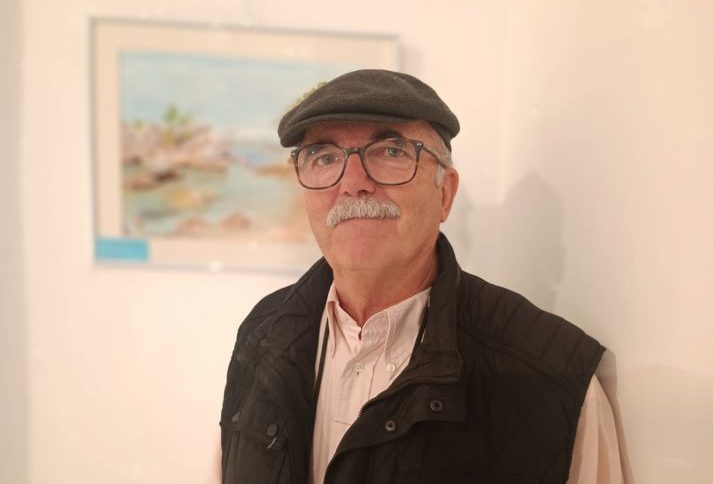
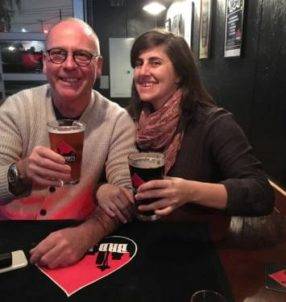

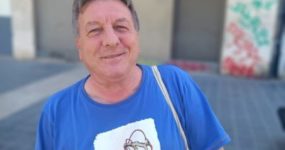
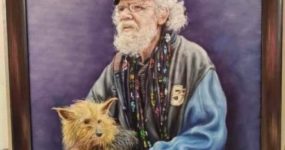
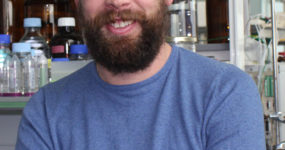















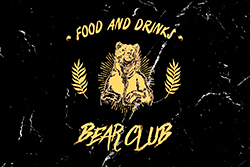

Leave a comment